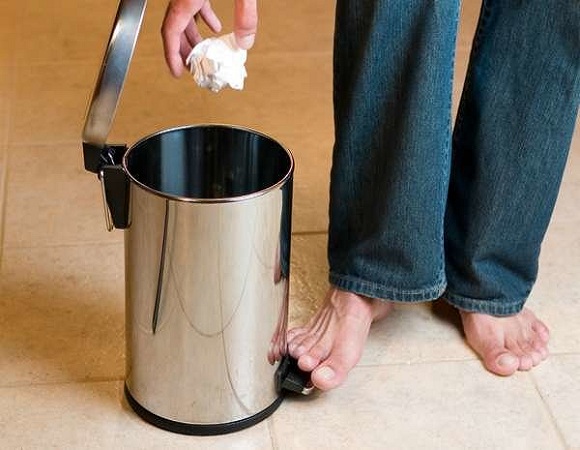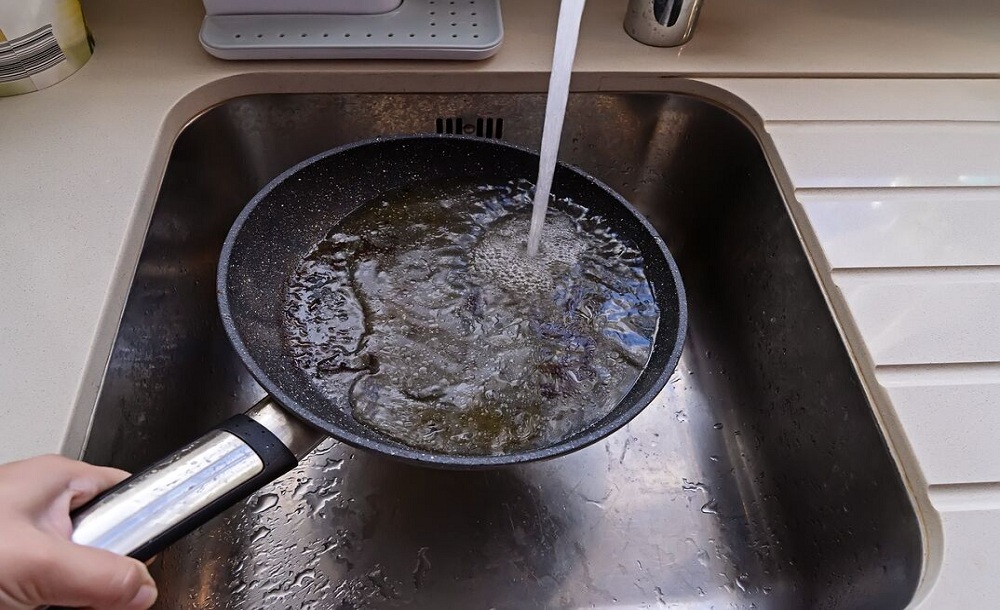It always seems like when you need a plumber the most, is when it’s most expensive: late at night, early in the morning, or on the weekend. It’s likely that your plumber would rather not come out at an inconvenient time for you any more than you would like him to.
One thing you should know is that a lot of plumbing issues are either avoidable or cheap to fix if caught early on. We’ve compiled a list of things your plumber wants you to know so that both of you can relax and sleep soundly this weekend.
Stop Dumping Grease Down the Sink
Expect to pay a plumber to unclog your sink if you have the bad habit of disposing of bacon grease, frying oil, or other fatty substances there. Once in the pipes, grease cools and solidifies, creating massive clogs that can cause a major plumbing emergency.
Save money and energy by not discharging unwanted fat into the drain. Put the grease in a separate bowl to cool. Put it where it belongs in the trash after being scraped into a container that won’t be recycled.
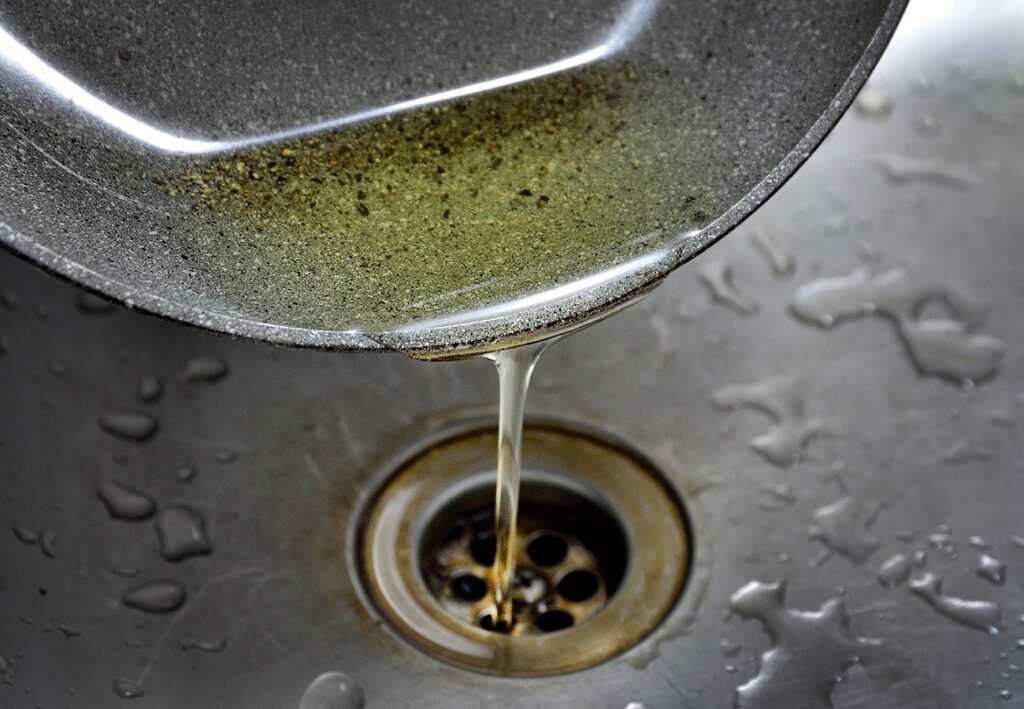
If you have old pipes, avoid using caustic cleaners
Although it’s tempting to reach for a caustic oxidizing chemical when a sink or tub drains slowly, doing so repeatedly over time can cause corrosion and leaks in older drainpipes. If you have a clogged drain in the future, try using a natural drain cleaner that uses enzymatic action to break up the clog. Not as effective as caustic chemicals, but much easier to use for plumbing.
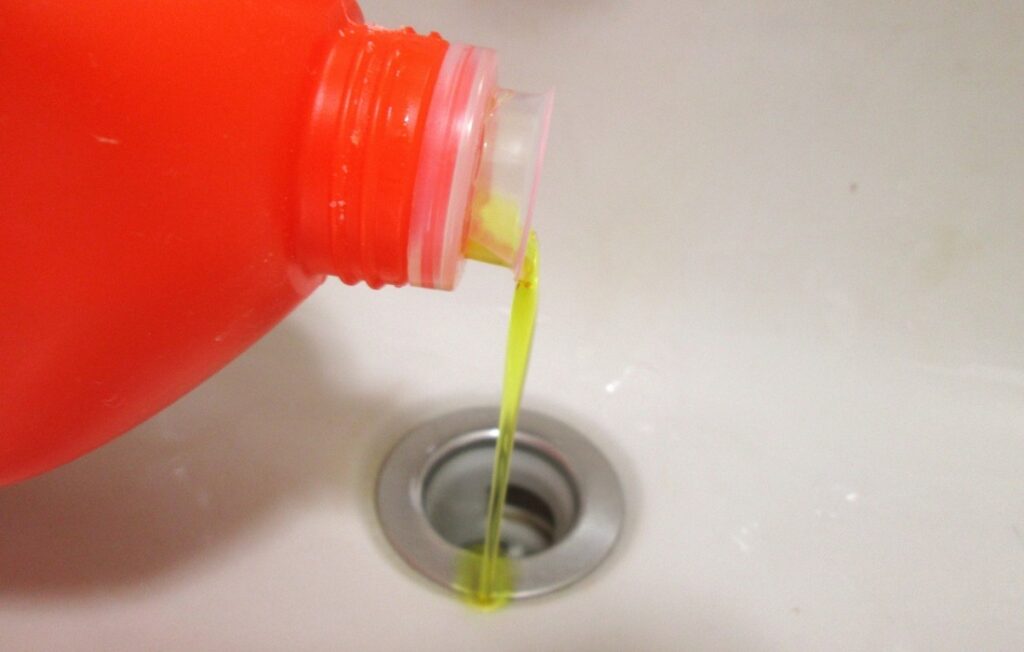
Keep faucets dripping to keep water from freezing in the pipes
After the temperature drops, frozen pipes are a common problem, especially if you’ve had them before. When this happens, you will be without water and vulnerable to the increased risk of burst pipes. If you want to prevent the pipes from freezing, especially if the temperature drops dramatically overnight, leave a small drip of water coming out of the tap. In most cases, this simple solution is all that’s needed to avoid a disastrous winter.
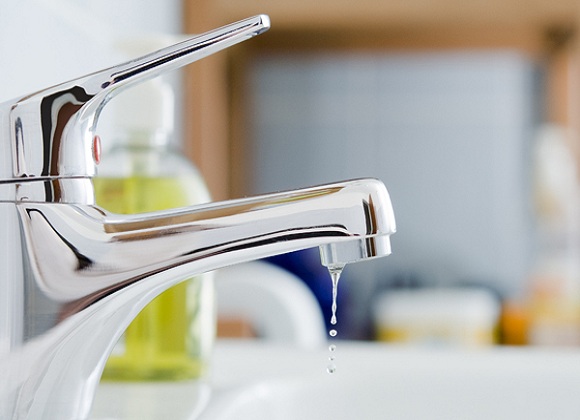
Do Not Stuff Items Under the Sink
The curved pipes under your sink are called drain traps, and their job is to allow waste water to leave but keep sewer gases out of your home. They serve as a secondary safety net for valuables and other items that might otherwise end up in the sink’s drain.
The trap is attached to the surrounding pipes with screw connections, making it simple to remove and clean. But when these connections loosen, water leaks out from beneath the sink.
Keep the space under the sink clear of clutter to avoid trap leaks. In order to prevent any accidental pipe damage, please move any trash cans, cleaning supplies, or fire extinguishers away from the trap.
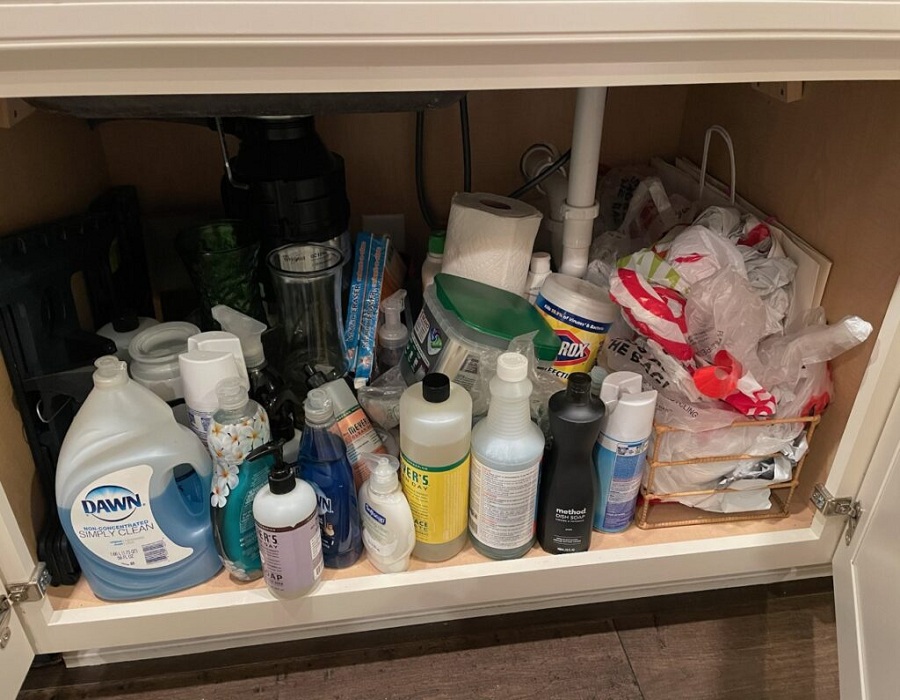
Do not use your garbage disposal like a trash can
Plumbers dislike garbage disposals more than any other household appliance because homeowners typically misuse them. Garbage disposals, despite their name, are not additional trash cans. Fibrous foods, such as celery and potato peels, can quickly clog the disposal and they can’t handle large amounts of food waste.
To keep your sink in good condition, you should avoid putting food scraps in it and instead compost them or run the garbage disposal and then flush the water from the ground food down the drain.
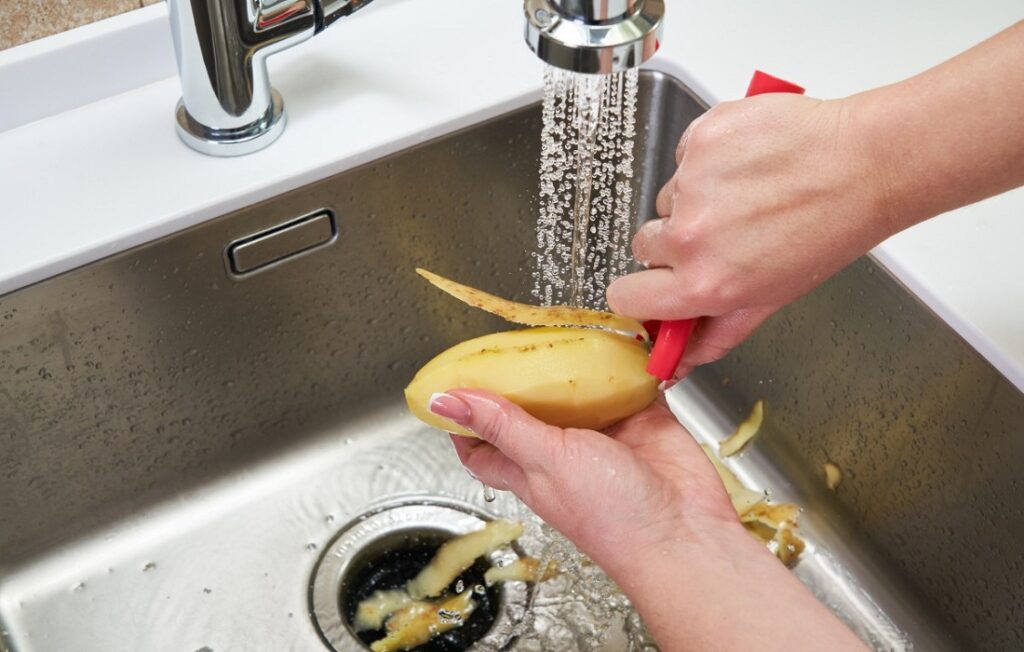
Know When to Say No
Even if you’re an expert at simple plumbing tasks like changing the flapper in the toilet tank, it’s best to get a professional involved from the get-go when you’re facing a more involved plumbing project. Not realizing your own limitations can lead to higher repair costs if you hire a professional to fix your mistakes.
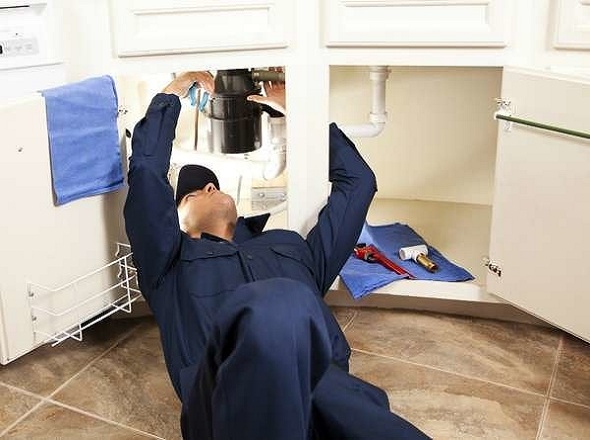
Turn Off Your Water Valve Before Leaving on Vacation
What could be worse than returning from a two-week vacation to find your home flooded? Turn off the main water valve before you leave to prevent any accidents. If the water pressure is particularly high, you may also want to open a few faucets to let the air out of the system. Remember that turning the water on and off is much less of a hassle than having to deal with a major leak cleanup and repair bill.
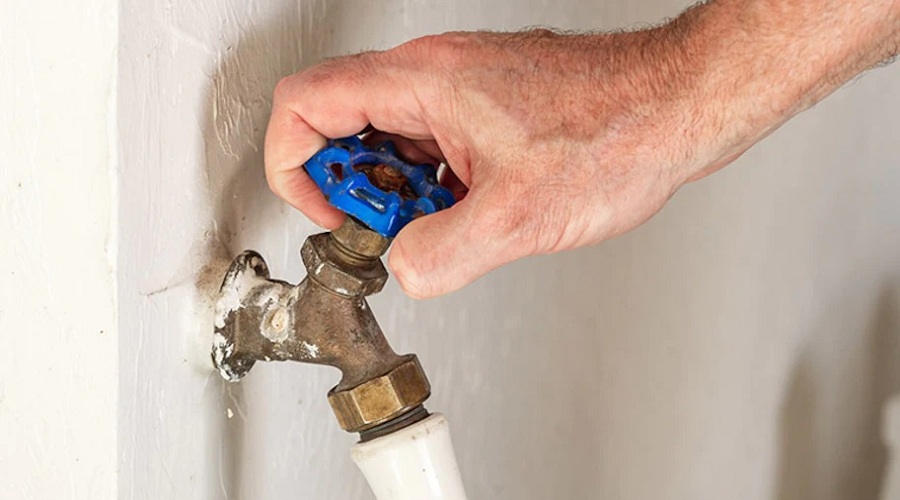
Flush your water heater once a year
If you’re handy around the house, flush the tank of your hot water heater once a year to get rid of lime and deposits (follow the manufacturer’s guidelines for specifics). Due to the accumulation of these minerals, your appliance will eventually break down. Instead of risking injury to yourself, call a plumber if you are unsure of how to complete the task. Seemingly minor maintenance like this will help your water heater last for decades to come.
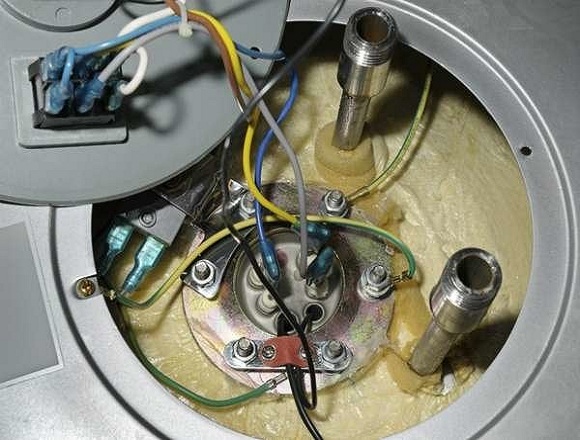
Don’t Ignore Water Around the Toilet’s Base
It doesn’t take much for the wax ring seal to break: a small puddle or persistent dampness around a toilet. The subflooring beneath the tile in a bathroom can be easily damaged by leaks, leading to rot, mold, and costly repairs, even though the problem may not appear to be serious at first glance. Replace the wax ring seal as soon as possible to avoid additional trouble.
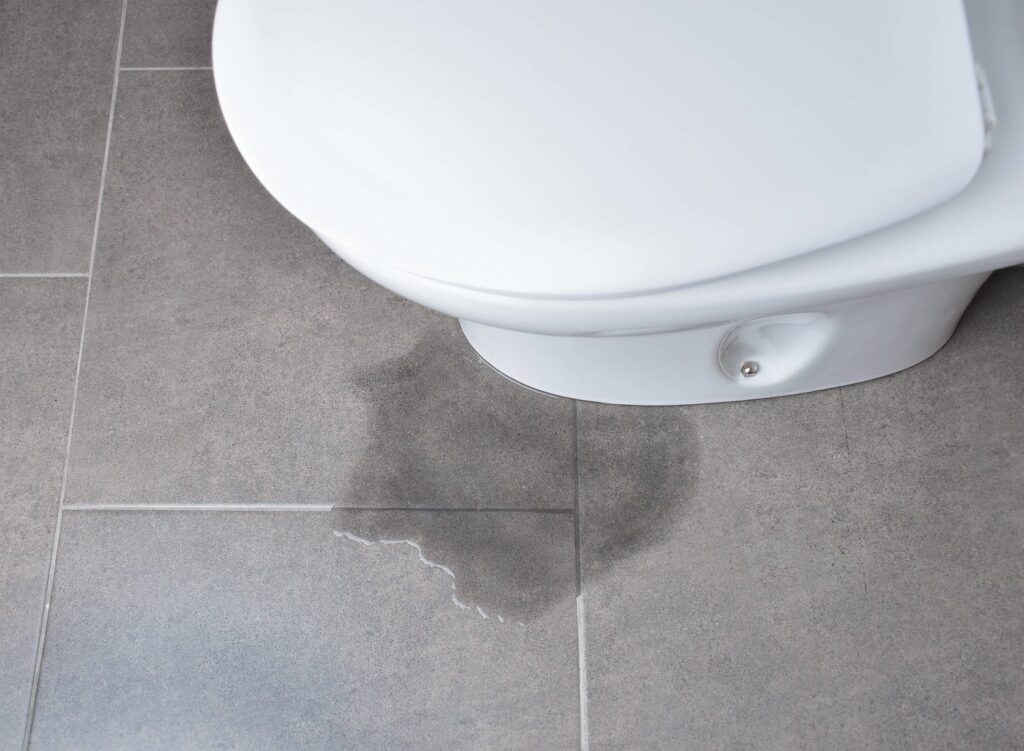
Find Out How to Perform a Leak Test
A leak may be to blame if your water bill is consistently high even though your usage hasn’t changed. To find out, you must turn off all water sources, including the dishwasher. Then, check your home’s water meter to see how things are going. The water is running somewhere in your home if the meter is turning. To put it another way, you’re leaking. A quick solution is required for this particular issue. Turn off the water valve and call a plumber.
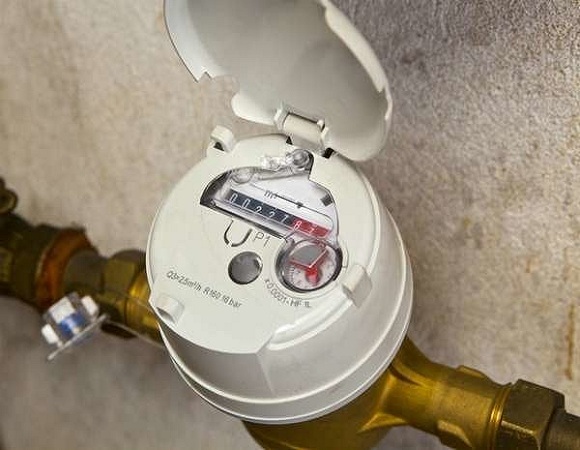
Stay Away From Septic Lines
The fact that pipes for water and waste removal are hidden from view should not make them any less important. If your home is connected to a septic system, there may be pipes buried beneath your lawn. It’s easy to forget about the lines if they’re out of sight, but if you drive a large vehicle over them, they may collapse and cause you thousands of dollars in repairs.
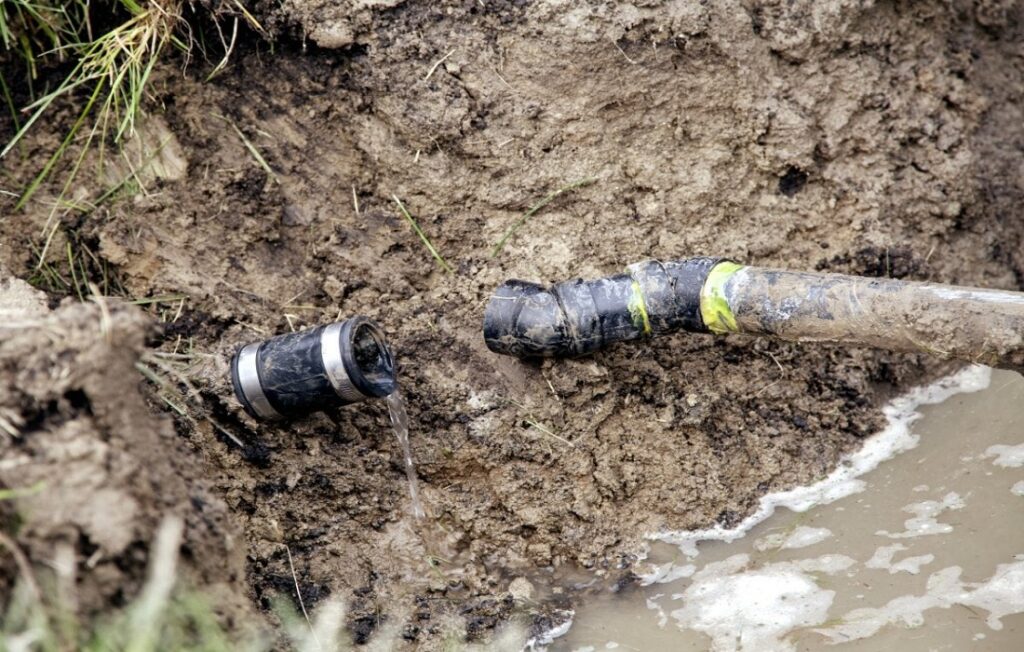
The Bathroom is Not a Garbage Can
It’s all been said before, but it bears repeating: Do not flush anything down the toilet that does not belong there. The following items should not be flushed down the toilet: sanitary napkins, cotton swabs, paper towels, makeup removal wipes, and clumps of “flushable” cat litter. You run the risk of clogging the pipes if you flush products like these down the toilet because they aren’t made to dissolve in water. For your own peace of mind, please use the toilet only for what it was designed for.
